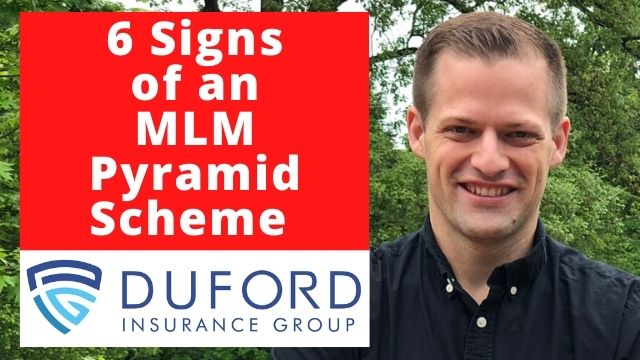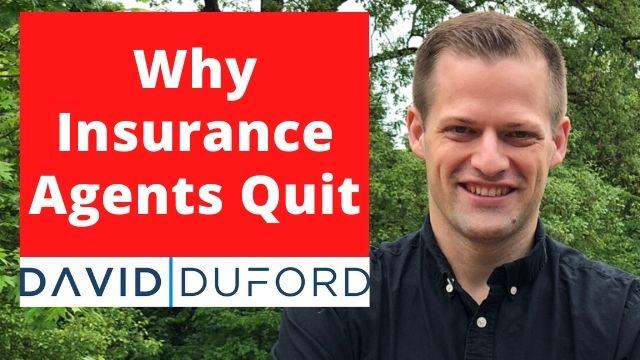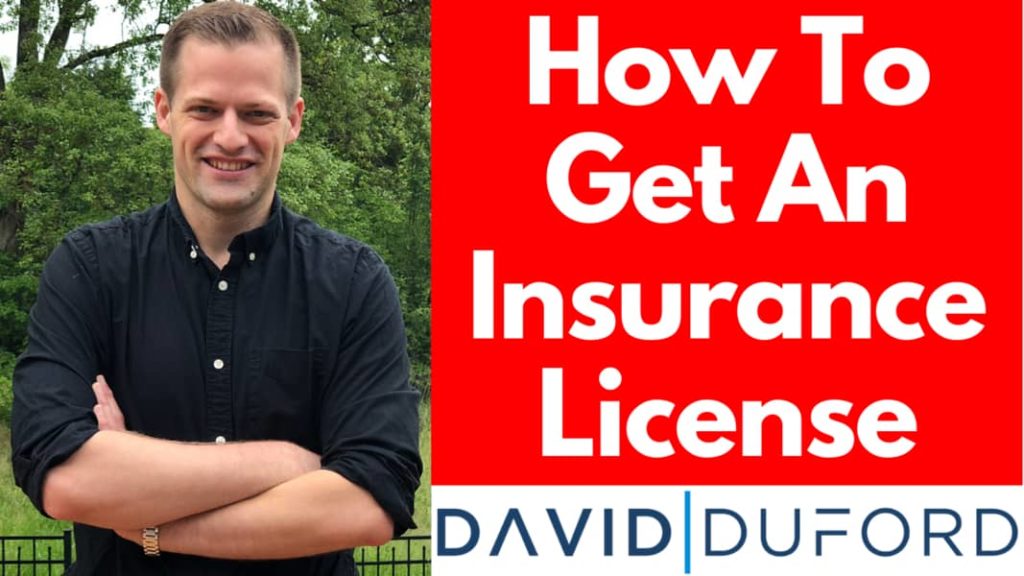Are you interested in selling insurance with a Hartford Insurance Sales Career?
If so, you’ve found the right article.
I’ll will describe how a career selling insurance with Hartford Insurance works as well as offer you some general advice that all new and aspiring agents should consider.
Without further ado, let’s begin.
PS: If you would like to learn more about insurance sales opportunities other than Hartford Insurance, we’ve posted tons of insurance career reviews on this page.
NOTE: Are you interested in selling insurance as a business? Yes, then check out my Free Insurance Agent Resource Guide to find out more.
Article Quick Links
About The Hartford Insurance
The Hartford Insurance was founded in 1810 in Hartford, Connecticut, as the Hartford Fire Insurance Company.
The Hartford Insurance is part of The Hartford Financial Services Group, one of the largest investment and insurance companies with nearly 30,000 employees. It is the 13th-largest property and casualty insurance and the 11th-largest auto insurance carrier company in the United States.
In 2013, The Hartford Insurance sold its life insurance business, The Hartford Life Insurance, to Prudential Financial, its retirement plans to MassMutual, and a broker-dealer to AIG. These sales allowed the company to narrow its focus to property-casualty and group benefits insurance, as well as mutual funds.
The company is headquartered in Hartford, Connecticut, and has offices across the country and in Japan, Brazil, Ireland, and England.
Products Sold And Market Focus
The Hartford’s insurance products are targeted at seniors aged 50 and over, and in particular AARP members for home and auto insurance. The agency also serves more than one million small businesses.
Its insurance program is tailored specifically for AARP members. Although non-AARP members can purchase policies and the company offers group benefits, business insurance, and mutual funds, the AARP membership provides numerous savings, perks, and benefits.
The Hartford offers a range of home, auto, property, and casualty insurance products, including:
-
- Homeowner insurance
-
- Renters
-
- Condo
-
- Boat
-
- RV
-
- Classic car
-
- ATV
-
- Snowmobile
-
- Golf cart
-
- Flood insurance
-
- Workers compensation insurance
-
- Commercial umbrella insurance
The Hartford sells products primarily through a network of independent agents and brokers.
How Leads Work
The Hartford’s website doesn’t provide information on how its agents find prospects.
But if you are a new agent working for The Hartford Insurance, you will most likely have to start by cold calling for prospects or work with friends and family for referrals and sales opportunities.
It’s up to every individual agent to increase their pay portfolio. If sales are high, management will usually provide leads as compensation for your work.
The company provides a tool called iMarket with customizable direct mail postcards and mailers, email templates, and other tools agents can use for planning, executing, and monitoring their marketing and sales campaigns.
How Getting Paid Works
Like most insurance companies, The Hartford doesn’t publish its commissions for agents. However, as an independent insurance agent, you can expect to be paid a small salary with a commission and a possible bonus.
The company offers several educational resources and toolkits to its agents.
The Hartford is not a scam. It is a legitimate company with over 200 years of presence in the industry and excellent financial ratings.
It has received many honors and awards for ethics, climate leadership, and workplace diversity, and was ranked 160th in Fortune 500 in 2020.
This is not a multi-level marketing (MLM) business opportunity or pyramid scheme. The company doesn’t have multiple layers of agents, mentors, and trainers and is not suitable for agents who are primarily looking to recruit.
My Thoughts
Now that you know more about the Hartford Insurance Sales Career, let’s talk about some other concerns you should be aware of as a new insurance agent working with Hartford or any company.
I’ve been selling insurance since 2011 and have been a National Insurance Agency owner since 2014. I’ve learned a lot over the years that I think would benefit any new agent looking to start a career selling insurance.
Specialization VS Generalization
Before you get involved with any insurance sales organization, one of the first things you need to consider is the difference between being a generalist or specialist.
As a specialist, you focus on one particular niche or product market. For example, at the Duford Insurance Group, we teach agents to specialize in either final expense insurance sales or Medicare sales.
Specialization allows agents to focus on overcoming only one “knowledge barrier” since you only need to develop your expertise in one area.
This is in direct contrast with the generalization approach, where agents are expected to know a lot of information about a lot of products.
In my experience, this translates to fewer sales.
Early on in my agency, when we allowed more agents to generalize, their success rate wasn’t nearly as good as those who specialized.
Agents felt obligated to know everything about absolutely every product available. Term insurance, universal life insurance, Medicare supplements, Medicare Advantage, final expense, property and casualty, and the list goes on.
Trying to be an expert on everything overwhelms agents. Agents become confused. They get their products mixed up and fail to work effectively.
In short, be careful joining any agency that expects you to generalize rather than specialize.
Putting on blinders and focusing on one thing is one of the smartest decisions you can make in this industry. The greatest people in any industry all focus on one particular strategy or business model before expanding out and becoming dominant in multiple lines.
Think Bill Gates or Jeff Bezos. Both focused their energy on one particular product or market before expanding outwards.
Independence VS Captivity
As a new or aspiring agent, you might not know the difference between being an independent agent or being a captive agent. So let’s delve into that right now.
An independent agent represents a multitude of insurance carriers. He has the option to shop around for the best combination of price and underwriting to give his prospects the best deal available.
Generally, this leads to better quality business and less lapse in policies or cancellation rates since the policy is good value for money.
In contrast, captive agents generally only represent one company or one carrier. While it’s easier to focus on one product with one carrier, the downside is that you are married to that one product.
Arguably, captive agents have to push a product that may not be the best combination of price or underwriting onto unsuitable clients.
Downsides of Captive Agents
For example, in the final expense side of the business, where most of my work is done, captive agents are stuck representing one carrier with generally way overpriced policies.
Moreover, they don’t offer the best underwriting options or terms, which exposes them severely to being replaced.
An independent agent could easily come in behind them and offer their client a better plan that saves them hundreds of dollars a year. Or better yet, an independent agent might be able to provide better underwriting terms or more comprehensive coverage.
The outcome here is that captive agents often get replaced and have to deal with more frustrating chargebacks than the independent agent.
Of course, I did say above that specializing is the superior route. And you could argue that the captive agent has a far easier learning curve to overcome.
But honestly, I can’t think of one tangible advantage to being captive. There are simply too many costs involved, and I don’t see how the approach benefits either the agent or the prospect long-term.
Imagine deciding to go into the tech business to sell laptops. Would you only recommend one laptop for every single person who walks through the door? Of course not!
My advice? Carefully consider the consequences of becoming a captive agent vs. an independent agent before you join any agency.
Conclusion
Thanks so much for reading my article on how an insurance sales career works with Hartford Insurance.
I hope you enjoyed this article and are now in a better position to decide whether or not it’s a good fit for you.
I invite all of my readers to learn more about how great this business of selling insurance is.
Please check out my Free Insurance Agent Resource Guide specifically for insurance agents. You’ll find more tips and advice about how the insurance sales business works and answers to questions that you may not have even known you had.
If you’d like to learn more about how I’ve helped insurance agents sell final expense and Medicare either over the phone or face-to-face, there’s more information on my FAQ page.
As always, thanks for reading!


January 03, 2023

January 03, 2023

January 03, 2023
